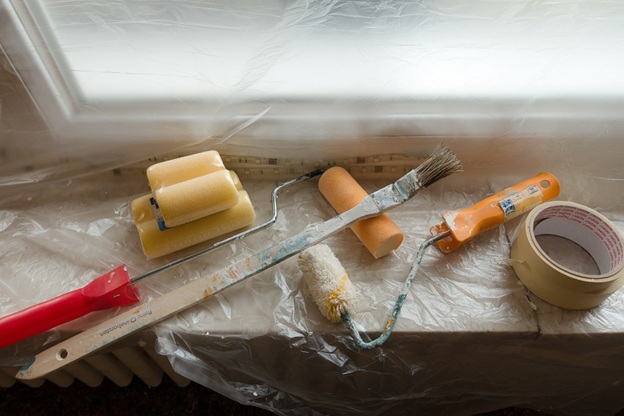For seniors looking for a new venture, house flipping offers a compelling blend of creativity…

You can stop foreclosure on your home right up until the time it’s sold at auction. Remember that your mortgage company does not want to foreclose on your home. It’s as much in their best interest for you to keep your home as it is for you to keep it.
In most cases, you will have to pay your bank back payments and penalties. Fees are negotiable and the terms of the payback can be very flexible.
Keep reading for other options available to stop foreclosure.
Talk To A Foreclosure Counselor
The Department of Housing and Urban Development, HUD, maintains a list of HUD-approved counselors at their website. A counselor can provide free assistance and guidance in the programs available to you. They can also help you to understand how these programs work and which ones are right for your situation. You can also find more information at Making Home Affordable. Check online for additional counselling services that may be available to you locally.
Bring Your Loan Current
Oregon is a Trust Deed state which means a trust deed secures your loan, rather than a mortgage. The primary difference between these two is the method of foreclosure. Trust deeds are foreclosed by a non-judicial process that occurs outside of a court. Because of this method of foreclosure, you can stop foreclosure on your home by paying all past due payments, late fees, and attorney fees to discontinue the sale of your home. You can stop foreclose by bringing your loan current as late as five days before the sale of your home at auction. If you are unable to pay the lender quickly enough, talk to them about a repayment plan or suspending payments, or ask a foreclosure counselor to speak to your lender on your behalf.
Challenge The Foreclosure
In some cases, it may be in your best interest to file a lawsuit to fight the foreclosure. Pull your mortgage papers and go over them with a fine-tooth comb. Circumstances that may justify filing suit against your lender may include lender error, failure to follow legal procedures, and unfair mortgage terms. A counselor or an attorney can provide assistance to you and help you understand your rights.
Bankruptcy
Bankruptcy won’t prevent foreclosure permanently, but it can buy you a few months in which you may be able to catch up on your payments. If your debts are mostly wiped clean, then your financial situation may allow you to pay up on your mortgage.
Refinance Your Mortgage
It’s possible to stop foreclosure by refinancing your home. When you refinance, you have a brand-new loan with new terms and a new interest rate. This option won’t work if current rates are higher than your existing rate, but it’s one way to offset a foreclosure as long as your credit isn’t suffering yet. Most refinances are more stream-lined than a new home loan because you’ve already gone through some of the procedures with the first loan. You should only refinance if it will relieve your financial burden. One perk to refinancing before foreclosure is that you will preserve any equity you’ve built since your loan originated. Think this over carefully, though. Calculate your new payment, including insurance and taxes, and if it will substantially reduce your burden, then go for it while your credit is still in good standing.
The Bottom Line
Missing a couple payment on your mortgage does not mean that you are automatically going into foreclosure. The most important thing you can do at this time is pull your mortgage paperwork and read it. Pull your finances and get a good understanding of where you’re short and how you might be able to pull ahead. Communicate with your lender and remember that he or she will want to help you. Consider your options, then make a plan to stop foreclosure.


